TPC VINA Plastic and Chemical Co., Ltd. (commonly referred to as TPC VINA), located in Long Thanh District, Dong Nai Province, specializes in producing PVC powder with an annual capacity of 210,000 tons, serving both domestic and export markets.
As a key energy-consuming enterprise, TPC VINA places great importance on using energy efficiently and economically.
TPC VINA upgrades production lines to reduce energy consumption.
Mr. Vo Dinh Duong, Energy Engineer at TPC VINA, shared that the company consumes a significant amount of electricity, coal, diesel oil (DO), gasoline, and LPG in the production process — with coal accounting for the largest share at about 73% of total energy consumption.
To save energy, the company continuously researches and implements various solutions, applying new technologies to optimize energy use. Specifically, TPC VINA has launched several production line improvement projects to increase productivity and reduce energy consumption per ton of PVC. As a result, the PVC reaction efficiency increased by 5%, and the production capacity rose from 190,000 to 210,000 tons/year. The company also implemented a project to recover heat from wastewater to preheat water for production and boiler use, which helped recover a large amount of waste heat and improve energy efficiency. Additionally, by using combustion-supporting chemicals in the coal-fired boiler, the company improved boiler efficiency and reduced coal consumption by about 5%, saving approximately VND 3 billion/year.
Furthermore, the company installed inverters for large-capacity pumps and fans with variable loads to save electricity. The high-pressure lighting system was also almost entirely replaced with LED lighting.
Maximizing natural light and using LED lighting.
In addition to technological upgrades and energy-saving investments, the company has also focused on internal solutions, such as establishing an energy management board, issuing energy use policies, and raising awareness among employees about energy conservation and efficiency.
"Every month, the Energy Management Board collects and analyzes energy consumption data to understand current usage levels, identify potential savings, and propose solutions for efficient energy use," Mr. Duong said.
Regarding future activities to improve energy efficiency, Mr. Nguyen Dao Huu, Director of the TPC VINA plant, shared that the company is planning to invest in new energy-saving technologies, such as: Installing inverters for hot water pumps in Drying System No. 1; Installing a heat pump system to recover low-grade heat from wastewater or to produce hot water for drying systems instead of using saturated steam from coal-fired boilers; Using magnetic couplings for soft starting to protect equipment and save energy; Applying electrode-based water treatment technology to reduce chemical use and blowdown water in cooling systems.
“Currently, the company has implemented the solution of installing inverters for the hot water circulation pump in Drying System No. 1. Previously, the pump consumed 45 kWh, but after installing the inverter, consumption was reduced by 8 kWh, resulting in annual savings of about VND 100 million while the investment cost was only around VND 45 million,” emphasized Mr. Nguyen Dao Huu.
Mr. Nguyen Dao Huu – Director of TPC VINA Plant.
In addition to energy-saving measures, TPC VINA also focuses on environmental protection. The plant has transitioned from gasoline-powered forklifts to electric forklifts. For waste management, the plant prioritizes recycling solutions and minimizes incineration or landfill disposal when contracting waste treatment services.
Regarding wastewater, the plant has a reuse system using UF and RO filtration with a capacity of about 300 m³/day, accounting for around 15% of total water consumption. Currently, the company is researching a project to reuse treated wastewater as supply water for the cooling system. The project aims to recycle about 30% of total water consumption.
In addition, the plant plans to completely replace coal with biomass fuel to reduce greenhouse gas emissions.
Area where wastewater heat is used to preheat production water.
In the current context of rising electricity and coal prices that heavily impact business plans, the determination to invest in energy-saving and efficiency improvement projects is the right strategic move for plastic manufacturing companies. TPC VINA has followed this direction. As a result, the company has achieved significant annual cost savings, enhanced product competitiveness, and contributed to better environmental protection.
According to statistics, from 2014 to now, TPC VINA Plastic and Chemical Co., Ltd. has reduced energy consumption per ton of PVC by about 10% and cut greenhouse gas emissions per ton of PVC by approximately 16%.
Duc Do
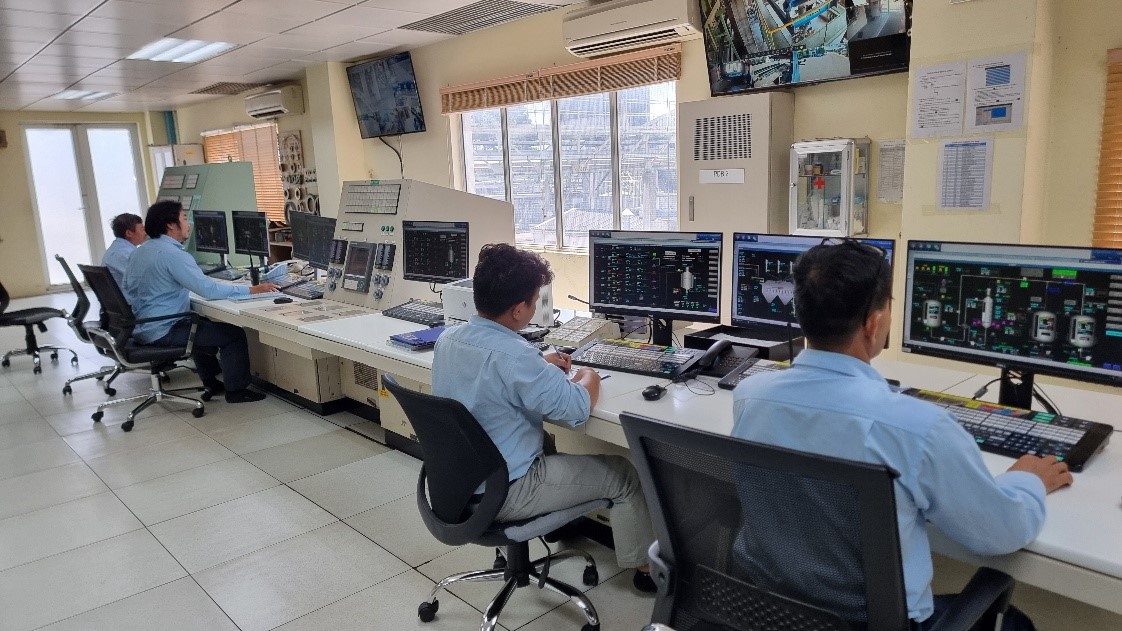
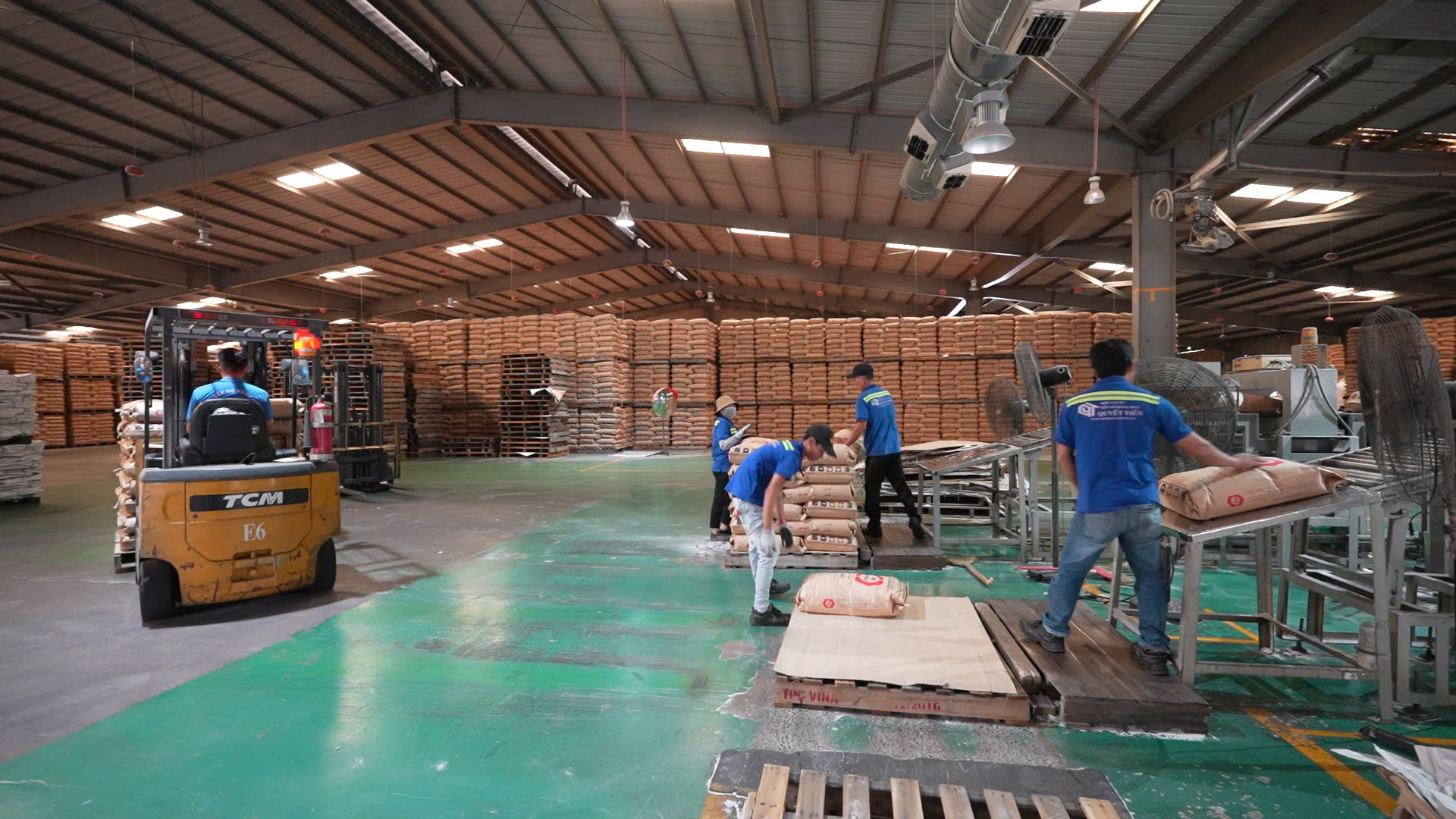
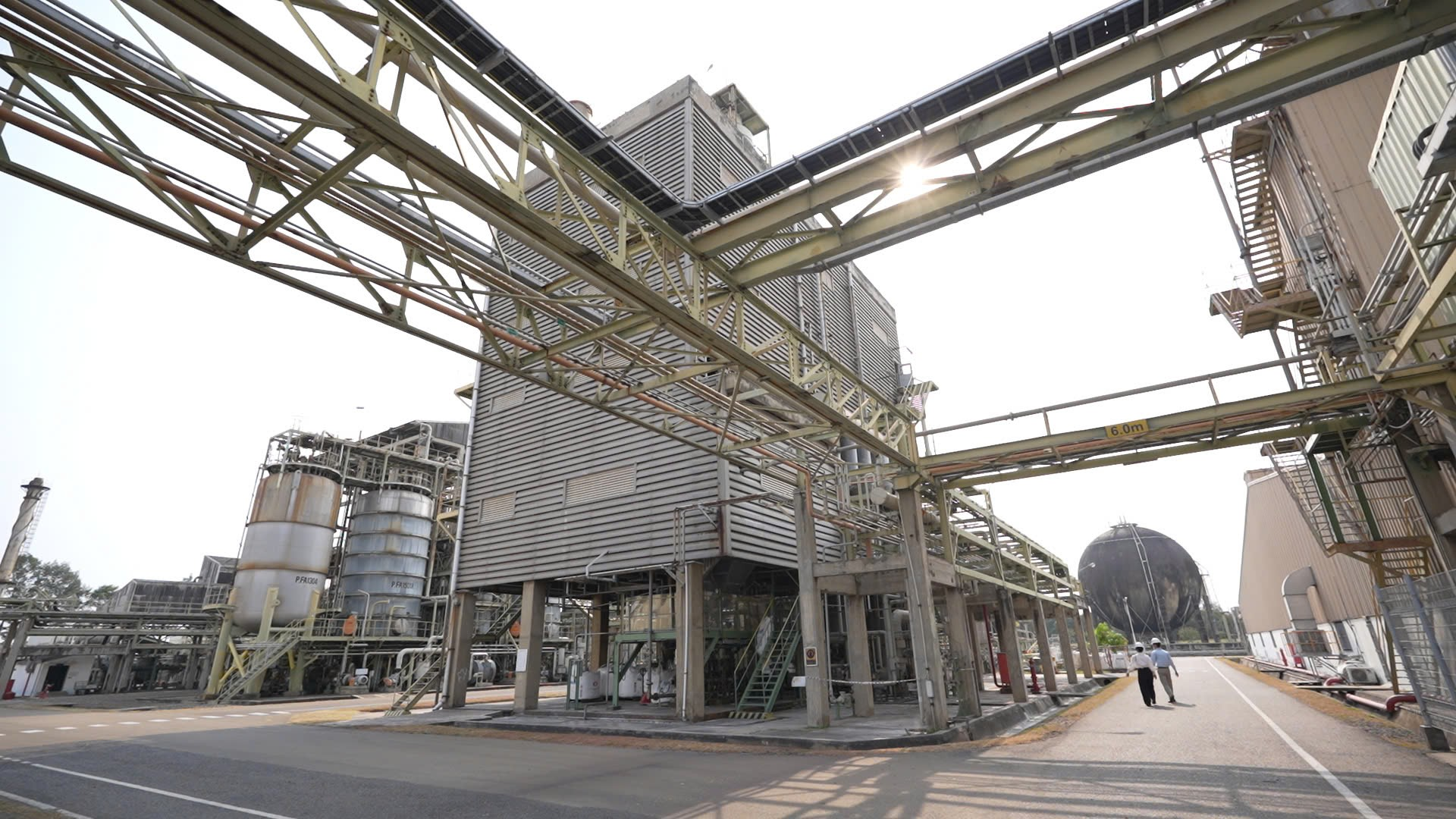
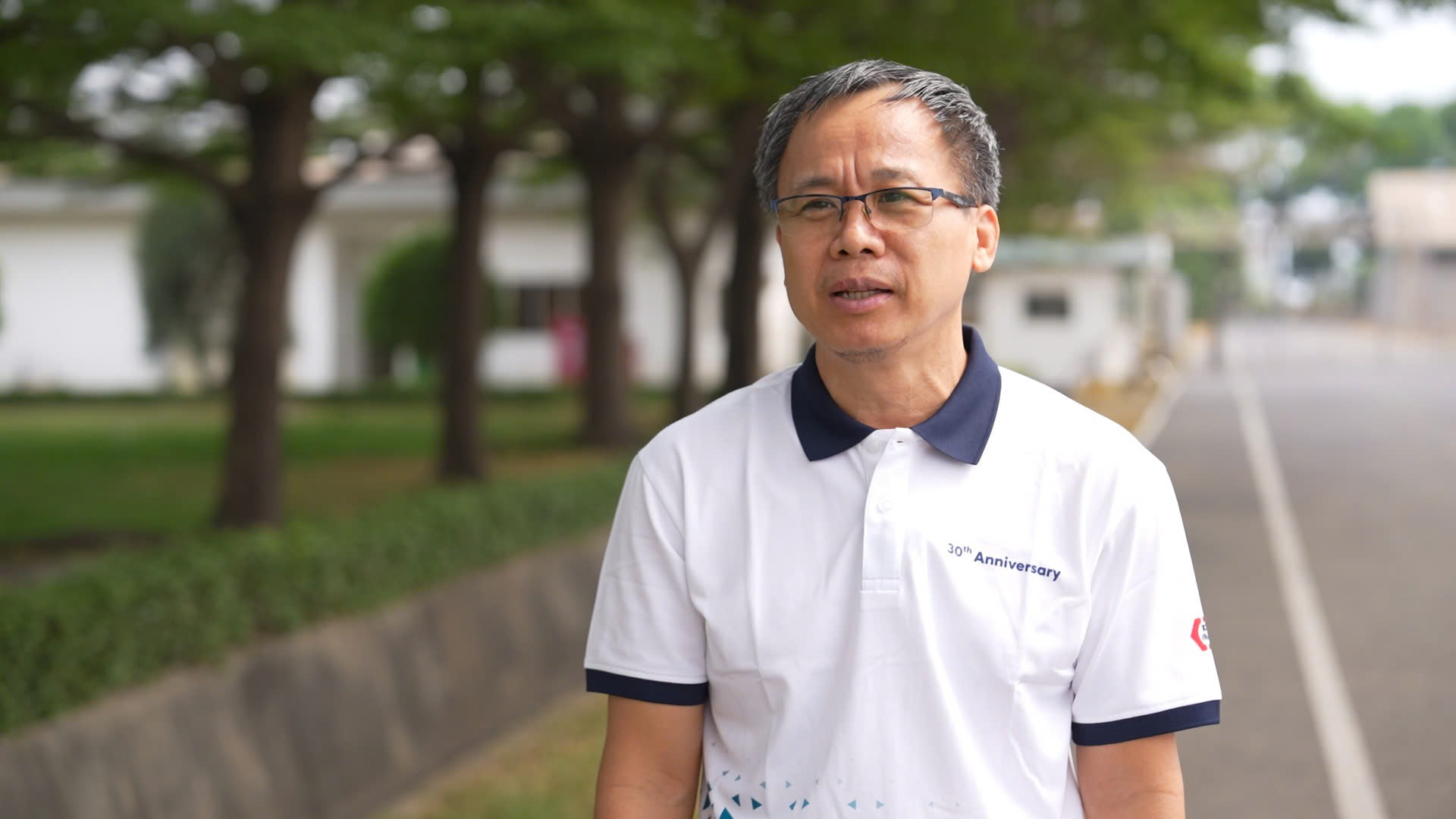
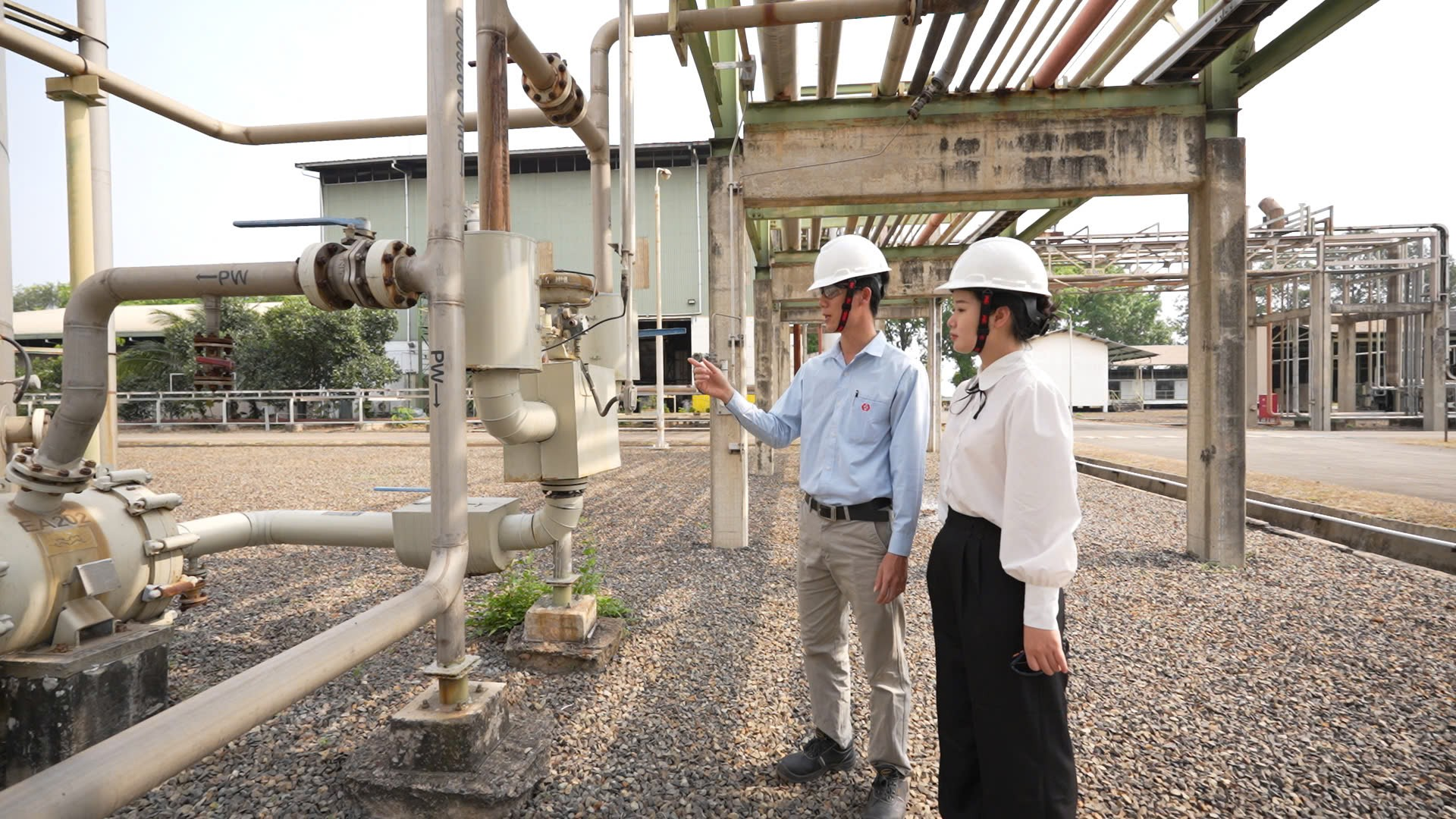








 Consultation on the methodology for developing and updating energy consumption standards for four major industrial sectors
Consultation on the methodology for developing and updating energy consumption standards for four major industrial sectors
 Opening of the 2025 Energy-Efficient Equipment and Green Transition Exhibition Fair
Opening of the 2025 Energy-Efficient Equipment and Green Transition Exhibition Fair
 Energy-saving solutions and green transition promotion
Energy-saving solutions and green transition promotion
 The 9th VEPG Steering Committee Meeting: Strengthening Coordination for Viet Nam’s Just Energy Transition
The 9th VEPG Steering Committee Meeting: Strengthening Coordination for Viet Nam’s Just Energy Transition